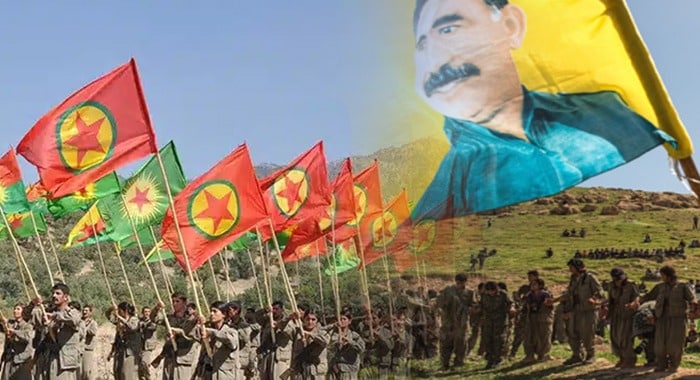After nearly half a century marked by relentless conflict, the Kurdistan Workers’ Party (PKK) has declared an end to its armed struggle against Turkey. This unprecedented announcement on May 12 signals a potential turning point in a protracted and violent saga that has cost tens of thousands of lives and deeply fractured Turkish society. Yet beneath the surface of this historic development lies a complex web of unanswered questions, political calculations, and cautious optimism.
Founded in 1978 under the leadership of Abdullah Ocalan, the PKK launched a brutal campaign aiming to carve out an independent Kurdish state from Turkish territory. Its insurgency, labeled terrorist by Turkey, the United States, and the European Union, triggered decades of bloodshed—claiming lives of civilians, soldiers, and officials alike. Ocalan’s capture in 1999 and subsequent imprisonment dealt a blow to the PKK’s leadership, yet from his prison cell, he continued to steer the group’s direction and influence the broader Kurdish political movement within Turkey.
Over time, the PKK oscillated between armed militancy and political engagement, while an independent Kurdish parliamentary movement sought democratic rights rather than outright secession. This duality reflected the complex realities of Turkey’s Kurdish issue: a mix of armed conflict and evolving political aspirations.
Turkey’s response to the PKK has been equally multifaceted. Military operations relentlessly targeted insurgents, while the state also imposed harsh collective punishments on Kurdish communities denying cultural rights, suppressing political expression, and stifling Kurdish identity. These policies only deepened grievances and complicated prospects for peace.
Multiple peace attempts since 2012 faltered amid mutual distrust and political turmoil. The current breakthrough, however, appears to have emerged from confidential negotiations between President Recep Tayyip Erdogan’s government and Ocalan, culminating in the PKK’s May declaration to dissolve its armed structure and end violence. This shift follows Ocalan’s February 2025 call for disarmament a message that reverberated across Turkey’s political landscape.
The critical question remains: Why now? After nearly 50 years, what has changed to prompt this seismic shift? Details remain closely guarded, fueling speculation about the true motivations and future ramifications. Will the PKK truly disarm and dismantle? What fate awaits Ocalan, still behind bars? And how will Erdogan persuade a skeptical public long conditioned to see the PKK as a threat—to embrace this peace?
Political analysts suggest a delicate bargain may be underway. The Kurdish parliamentary movement could play a pivotal role in supporting Erdogan’s bid for a fourth presidential term by backing constitutional reforms, while Erdogan may offer expanded cultural and political rights to Kurds. Such an arrangement would mark a historic transformation in Turkey’s approach to its Kurdish population.
Yet this time, negotiations have been shrouded in secrecy, unlike the more transparent peace efforts of 2012–2015. This opacity raises doubts about inclusiveness and the durability of any agreement reached behind closed doors.
A successful resolution could reverberate far beyond Turkey’s borders. It may ease regional tensions and even recalibrate Ankara’s fraught relationship with Washington. Since 2014, the U.S. has partnered with the Syrian Democratic Forces (SDF) linked to the PKK—in the fight against ISIS, a relationship that has strained U.S.-Turkey ties. A peace deal might mitigate Ankara’s hostility toward the SDF, although it remains unclear whether the disarmament applies to Syria’s Kurdish groups.
Despite the hopeful prospects, caution is warranted. Erdogan’s record raises concerns about democratic backsliding. The recent imprisonment of Istanbul’s opposition mayor, Ekrem Imamoglu, highlights a pattern of sidelining credible political rivals ahead of elections. In this context, the peace deal risks being leveraged not to foster democracy, but to cement Erdogan’s grip on power.
Ultimately, while the PKK’s announcement could end a violent chapter in Turkey’s history, it does not guarantee a democratic future. Real peace requires more than ceasefires and disarmament it demands justice, inclusion, and the rule of law. For Turkey, the true test lies ahead: will this historic moment usher in lasting reconciliation or become yet another chapter in the cycle of conflict and authoritarianism?





